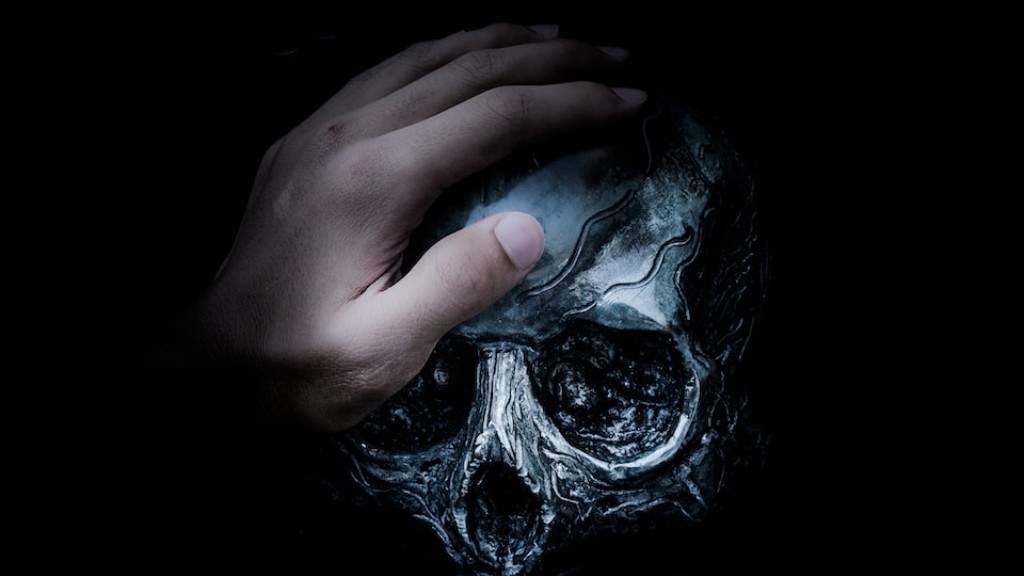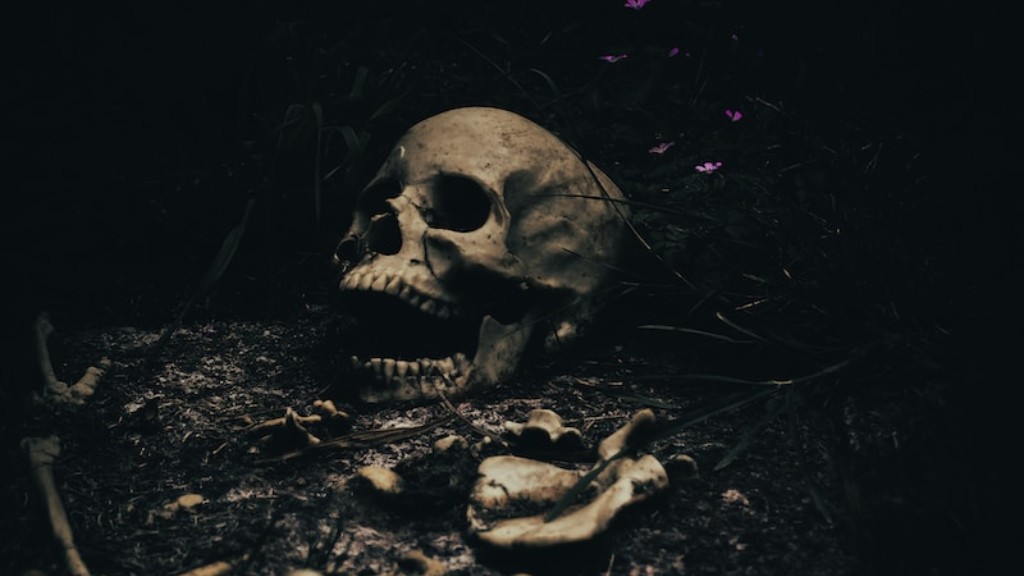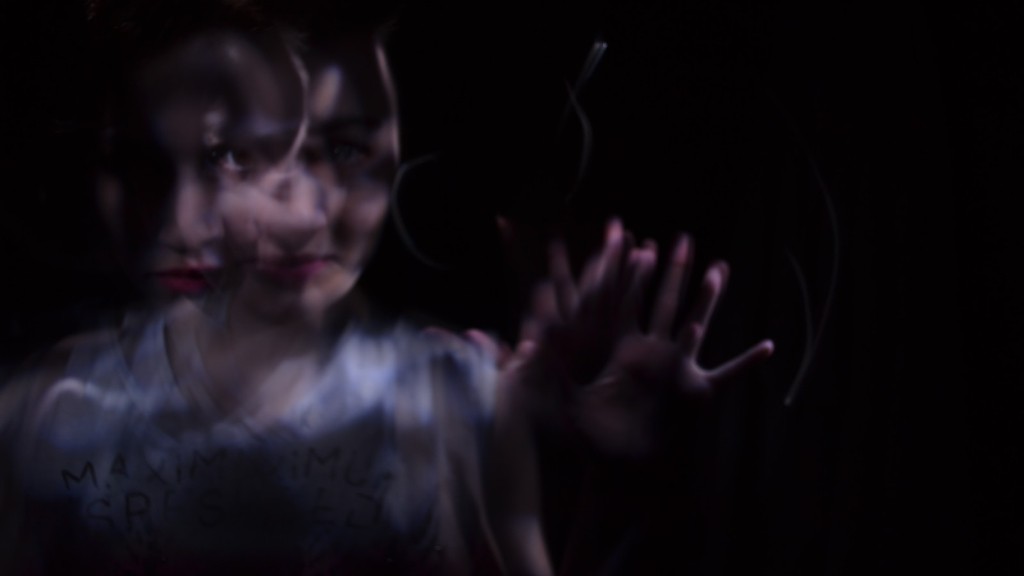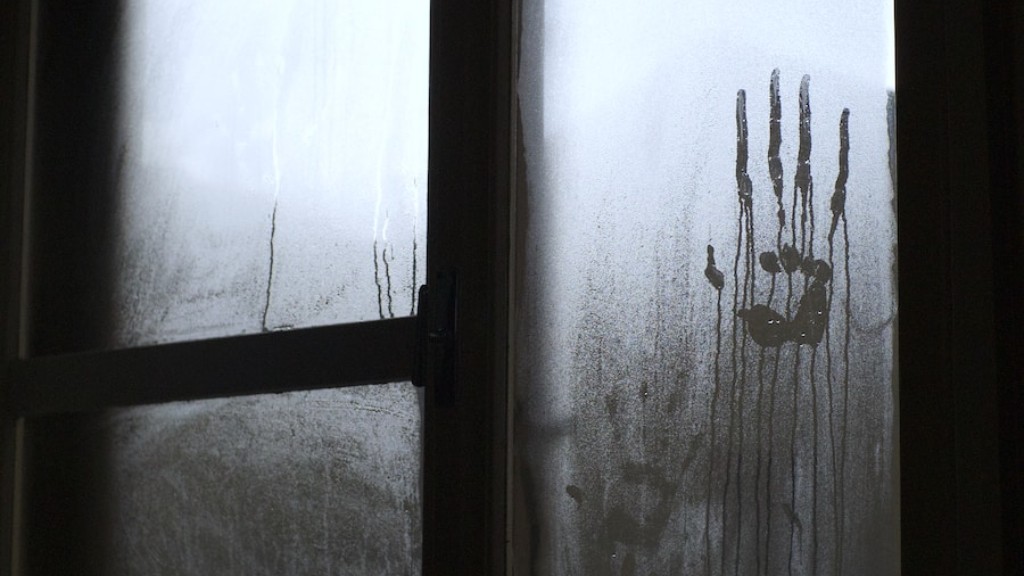Horror movies are designed to scare us. They are supposed to make our hearts race and our palms sweat. But what do they actually do to our brains?
When we watch a horror movie, our brains are releasing a chemical called dopamine. Dopamine is responsible for our fight or flight response, which is our body’s natural way of preparing us for danger.
So, when we see a scary movie, our brain is preparing us for a real-life encounter with a dangerous situation. This can have both positive and negative effects.
On the positive side, it can make us more alert and aware of our surroundings. It can also help us to be more prepared for a dangerous situation.
On the negative side, it can cause us to feel anxious and stressed. It can also make it difficult to sleep after watching a horror movie.
So, if you’re looking for a way to get your adrenaline going, watching a horror movie is a good option. Just be sure to take a break afterwards to relax your mind and body.
Horror movies can have a significant impact on your brain. They can cause you to feel fear, anxiety, and stress. These emotions can trigger your body’s fight-or-flight response, which can lead to an increase in your heart rate, blood pressure, and respiration. your body may also release adrenaline, a hormone that can improve your reflexes and increase your energy.
How do horror movies affect your brain?
The results of multiple studies have shown that watching scary scenes can increase the level of adrenaline in the body, releasing neurotransmitters in the brain. This can lead to faster reaction times, better alertness, improved concentration, and a host of other advantages.
Horror entertainment can provide a rush of adrenaline and other hormones that can improve mood and provide a sense of exhilaration. The brain can then process the surroundings and conclude that the experience is not a genuine threat. This knowledge of personal safety is one reason horror fans habitually watch scary movies.
Which theory explains why people watch horror movies
This theory argues that we enjoy horror films because of the suspense that is built up throughout the film. This suspense is then released at the end, giving us a sense of relief and satisfaction. This theory may also explain why we enjoy other types of films that involve suspense, such as thriller and suspense films.
Some people find that watching scary movies helps them to feel more in control of their own anxiety. In one study, Clasen found that people who are anxious may get better at handling their anxiety by watching scary movies. “There may be a relief in seeking out situations that give you a blast of well-defined fear with a clear source and a crucial element of control,” he explains.
Why do psychologists like scary movies?
Horror movies are designed to elicit an emotional response in the viewer, and one of the most common emotions elicited is fear. Because of this, horror movies can actually serve as a training ground for our threat detection system, teaching us to become more attuned to potential threats in our environment. This is especially true for people who have had traumatic experiences in their past, as these long-ago experiences have granted them a highly responsive, albeit mostly unconscious, threat detection system. So next time you’re watching a horror movie, don’t be surprised if you find yourself jumpier and more alert than usual.
Horror is such an addictive genre because it is so exciting. The suspense and fear that comes with it is unlike any other feeling. It is also very human nature to want to be scared and to push ourselves to our limits. Sometimes it is also very exhilarating to have something that we are told we can’t have.
What kind of personality likes horror movies?
The present study investigates the connection between personality traits and preference for horror movie genre. Low neuroticism and high sensation seeking were found to be better predictors of horror movie preference (Zuckerman & Little, 1985). The findings suggest that those who are less neurotic and more willing to seek new experiences are more likely to enjoy horror movies. This may be because horror movies provide a way to vicariously experience fear and adrenaline without actually being in danger.
Scrivner says that horror can be helpful for people who are feeling anxious because it forces them to focus on the present moment. This can be a good way to stop ruminating about other things in their life.
What is the scariest horror movie scientifically
According to science, these are the scariest movies:
-Insidious (2011)
-The Conjuring (2013)
-Hereditary (2018)
-Terrified (2017)
-It Follows (2014)
-Dashcam (2021)
-A Quiet Place II (2020)
-Paranormal Activity (2007)
Horror is often seen as a negative force, something that is to be avoided. However, Fletcher argues that horror can actually be a positive force. Horror can help us remember the values that are important to us, such as community, altruism, and self-love. Horror can also help us come together as a community and remind us that we are not alone.
What is the paradox of horror?
The paradox of horror is that it is both terrifying and strangely satisfying. On the one hand, we are scared by the thought of being in a situation where we are helpless and at the mercy of a powerful, malevolent force. On the other hand, there is something exhilarating about being able to confront our fears and come out unscathed.
The key to the paradox of horror is that it is an emotion that is unpleasant but not necessarily unbearable. In other words, we can handle the fear and anxiety that comes with being scared, as long as we know that there is an eventual escape from the situation. This is why horror movies are so popular – they provide us with a way to vicariously experience the thrill of fear without actually being in danger.
So, the next time you watch a horror movie or read a scary book, remember that the feeling of horror is not necessarily a bad thing. Embrace the fear and let it take you on a thrilling ride.
Horror movies can be triggering for those who suffer from post-traumatic stress disorder (PTSD). In rare cases, watching these films can also cause PTSD. If you are concerned that a horror movie may be too intense for you, it’s best to avoid watching it.
Are scary movies good for your heart
While “jump scare” scenes in movies may not pose a threat to the average person’s heart health, those with pre-existing heart conditions or the elderly should avoid watching them. The potential risks to this population far outweigh any benefits that may be gained from watching such movies.
Fear is a natural emotion that is designed to help us protect ourselves from danger. However, in today’s world, we are often bombarded with images and stories that can trigger our fear response even when we are not in any real danger. This can lead to our brains becoming “hijacked” by fear and can have a negative impact on our physical and mental health. If you find that you are regularly being exposed to fear-inducing images and stories, it is important to take some time to relax and de-stress. This can help to counter the negative effects of fear and help you to maintain a healthy balance.
Why do I feel weird after watching horror movies?
Our brains release adrenaline during scary movies, which prepares our bodies for stressful situations. Our sympathetic nervous system responds to the threat and throws us into the “fight or flight” response. This response causes our heart rate to increase, our blood pressure to rise, and our breathing to become shallow. We may also experience a rush of energy, increased alertness, and improved muscular strength. This response is beneficial in situations where we need to fight or flee, but it can be detrimental if it’s constantly activated by stressors like scary movies. Over time, this response can lead to anxiety, sleep problems, and other health issues.
Addiction to trauma is a real phenomenon that is tied up in biology. When we view frightening films, our body’s sympathetic nervous system is revved up, inducing stress and anxiety. For some people, the stress is a welcome thrill. They get a payoff when the movie is over and the adrenaline has subsided.
Warp Up
Horror movies produce a physiological response in the body that is similar to the fight-or-flight response. This response is mediated by the release of adrenaline, which increases heart rate, blood pressure, and respiration. In addition, the body releases cortisol, which is a stress hormone that helps to prepare the body for physical activity. The sympathetic nervous system is also activated, which can lead to increased blood pressure and heart rate.
Horror movies tap into our primal fears, which are hardwired into our brains. They exploit our fight-or-flight response, which is designed to keep us safe from harm. When we watch a horror movie, our brains release a cocktail of stress hormones, which can leave us feeling anxious and on edge. Some people may even experience a form of post-traumatic stress disorder after watching a particularly intense horror movie. So if you’re looking to protect your mental health, it’s probably best to steer clear of the horror section at your local video store.




